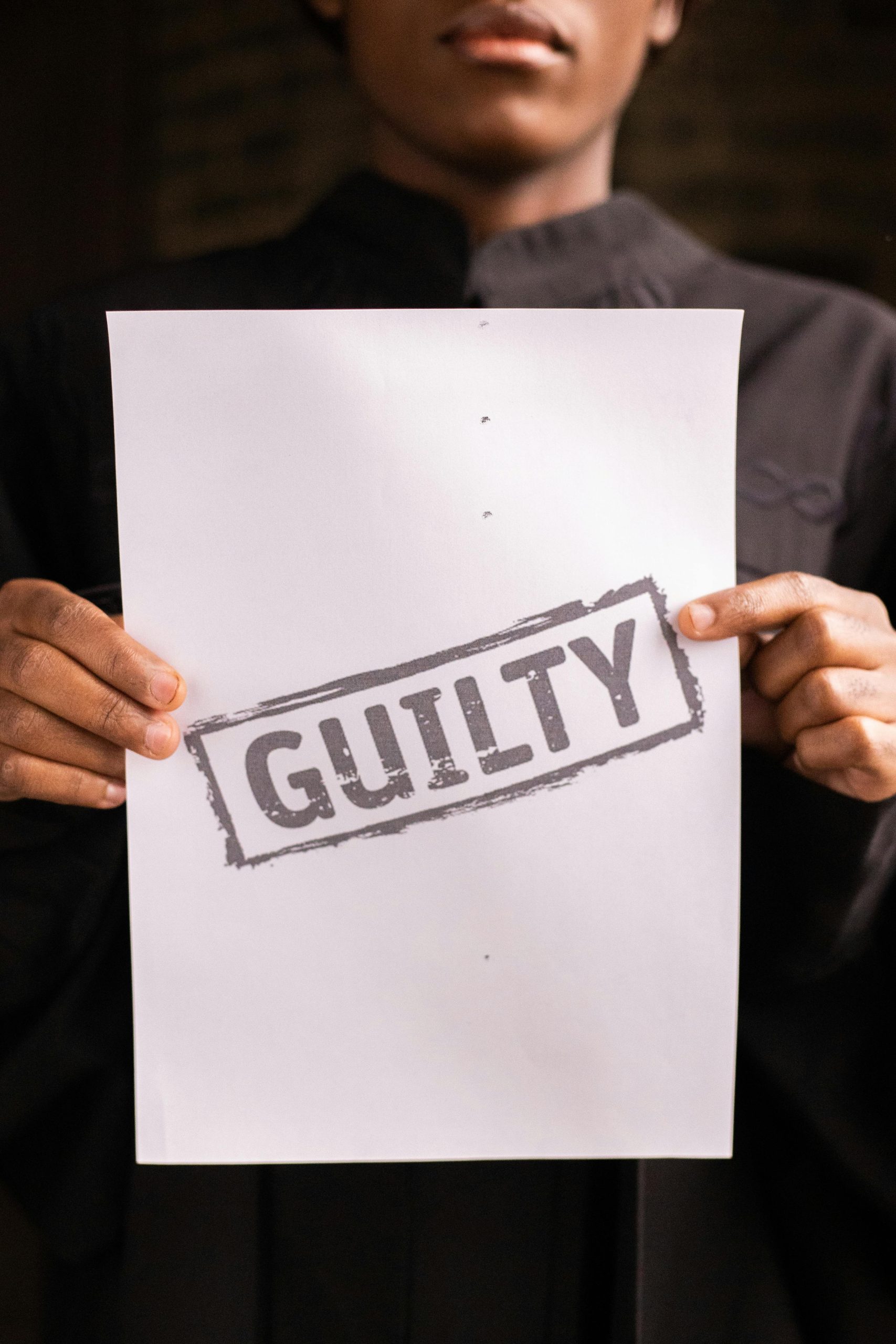The Controversy of Judicial Critique: A Jury’s Dilemma
Recently, a jury faced an intense backlash from a judge following their verdict in a challenging theft case. The accused, a mother alleged to have stolen food for her child, opted to have her case heard in crown court instead of a magistrate’s court. During the proceedings, evidence was presented, including several instances captured on CCTV footage from the supermarket last winter.
As a member of the jury, I cannot disclose the specifics of our deliberations, which makes this reflection even more complex. After we reached our verdict of not guilty, the presiding judge expressed strong disapproval, describing our decision as “perverse” and implying that we had erred dramatically. He further criticized the jury for apparently disregarding his instructions and subsequently dismissed us.
This raised an important question in my mind: Is it appropriate for a judge to publicly critique a jury’s decision in such a manner? The implications of the judge’s comments not only suggest a lack of faith in the jury’s process but also bring into question the boundaries of judicial conduct.
As jurors, we are tasked with making decisions based on the evidence presented and the law as instructed. While judicial feedback is undoubtedly vital for the legal system’s integrity, the manner and context of such criticism can have far-reaching consequences for those serving on a jury.
In reflecting on this experience, it becomes clear that balancing the roles of jurors and judges can lead to tense moments in the courtroom, particularly when verdicts do not align with judicial expectations. It prompts a deeper discussion about the legal system and the importance of maintaining respect for the jury’s role in delivering justice.

No Responses